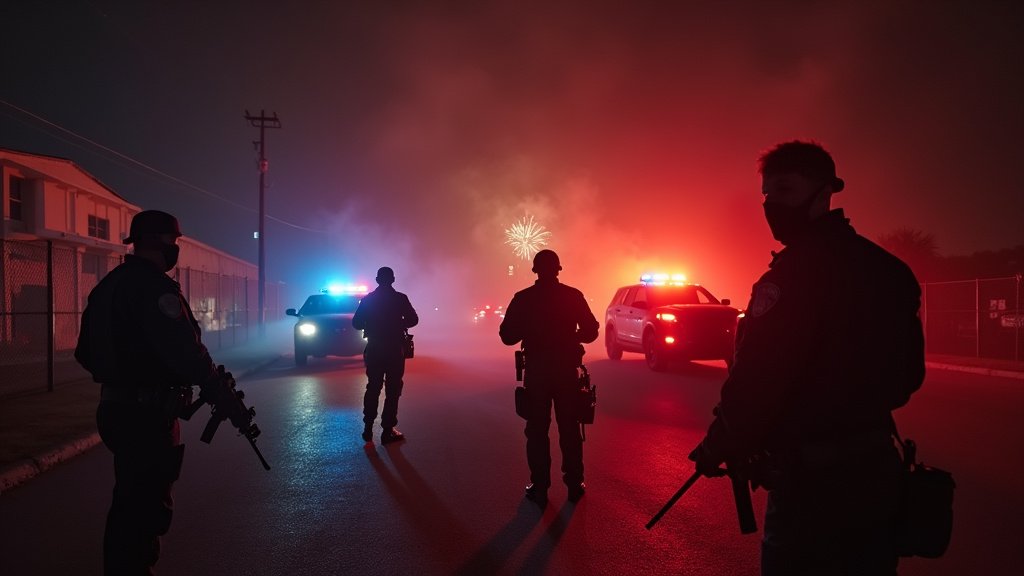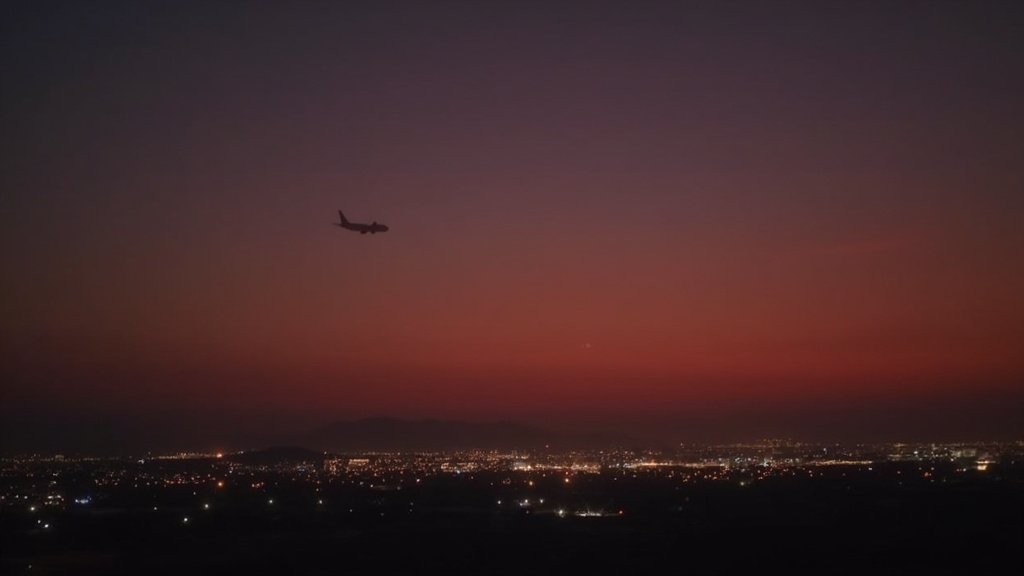CHICAGO, IL – Hundreds of Texas National Guard troops deployed to Illinois are reportedly preparing to return to their home state, as legal challenges have effectively halted their mission. This deployment of the Texas National Guard Illinois initiative, which aimed to bolster federal immigration enforcement and protect federal property in the Chicago area, has been stalled by court orders, leading to the anticipated withdrawal of the Texas National Guard Illinois contingent.
Background of the Texas National Guard Illinois Deployment
In early October 2025, Governor Greg Abbott of Texas authorized the mobilization of approximately 200 Texas National Guard members to Illinois, with up to 400 troops available for deployment to other states. This move was made at the request of the Trump administration, which cited concerns over “crime and chaos” and the need to “safeguard” U.S. Immigration and Customs Enforcement (ICE) officers and federal facilities. The troops were initially stationed at the U.S. Army Reserve Training Center in Elwood, Illinois, some 50 miles southwest of Chicago. This Texas National Guard Illinois deployment was part of a broader federal immigration strategy that also saw National Guard units considered or sent to cities like Portland and Los Angeles.
Legal Showdown Halts Texas National Guard Illinois Operations
The deployment faced immediate and significant legal opposition from the state of Illinois and the city of Chicago. Officials argued that the federal government lacked the legal basis to federalize and deploy troops within the state, asserting that the conditions of rebellion or insurrection required for such federalization were not met. U.S. District Judge April Perry temporarily blocked the deployment in October, stating there was “no credible evidence that there is danger of rebellion in the state of Illinois”. The legal challenges National Guard faced were substantial.
Despite the Trump administration’s appeal of this ruling, an appellate court later upheld that the Texas National Guard troops could remain in Illinois but could not be activated or deployed for operational duties. This legal stalemate meant the troops of the Texas National Guard Illinois mission were present but unable to carry out the mission for which they were sent, remaining in a holding pattern on military bases. This marked a significant point in Illinois immigration enforcement discussions.
Department of Defense Adjustments and Texas National Guard Illinois Recall
Multiple media outlets, quoting anonymous federal officials, have reported that hundreds of Texas troops are expected to return home soon, with the Department of Defense confirming adjustments to troop presence in Chicago, Portland, and Los Angeles. U.S. Northern Command indicated that its “Title 10 footprint” in these cities would be “shifting and/or rightsizing” in the coming days, suggesting a recalibration of federal operations following the legal setbacks faced by the Texas National Guard Illinois operation. The Texas National Guard deployment, under these circumstances, was proving unsustainable.
The withdrawal means the approximately 200 Texas National Guard members who arrived in early October will be leaving Illinois, marking an end to their brief, mission-stalled deployment. While the Texas National Guard is returning to its home state, the Illinois National Guard has, in some capacities, remained activated, highlighting the ongoing complexities of Illinois immigration enforcement.
Fitness Standards Controversy for Texas National Guard Illinois Troops
Amidst the news of the recall, a separate issue involving the Texas National Guard came to light. Seven service members were reportedly removed from the deployment in Illinois for failing to meet “mission requirements,” with some reports linking this to concerns over physical fitness standards that had been amplified by a viral photo. Defense Secretary Pete Hegseth publicly praised this action, noting “Standards are back at the Department of War”. The Texas Military Department confirmed the removal of seven service members who did not meet requirements during pre-mission validation, stating they were returned to their home station. This also affected the Texas National Guard Illinois presence.
Broader Implications of the Texas National Guard Illinois Situation
The situation in Illinois is part of a larger pattern of federal-state friction over the Trump administration’s use of National Guard troops in cities facing protests and civil unrest. Legal battles in Oregon and California also saw federalized National Guard deployments blocked by judges. Critics have characterized these deployments as an overreach of federal power and an “unconstitutional invasion,” particularly when they face objection from state governors and local officials. As the current buzz around this particular Texas National Guard deployment fades, the debate over the appropriate use of military forces in domestic law enforcement and the balance of power between federal and state governments continues, with the Texas National Guard Illinois context serving as a key example of the ongoing federal state friction.






